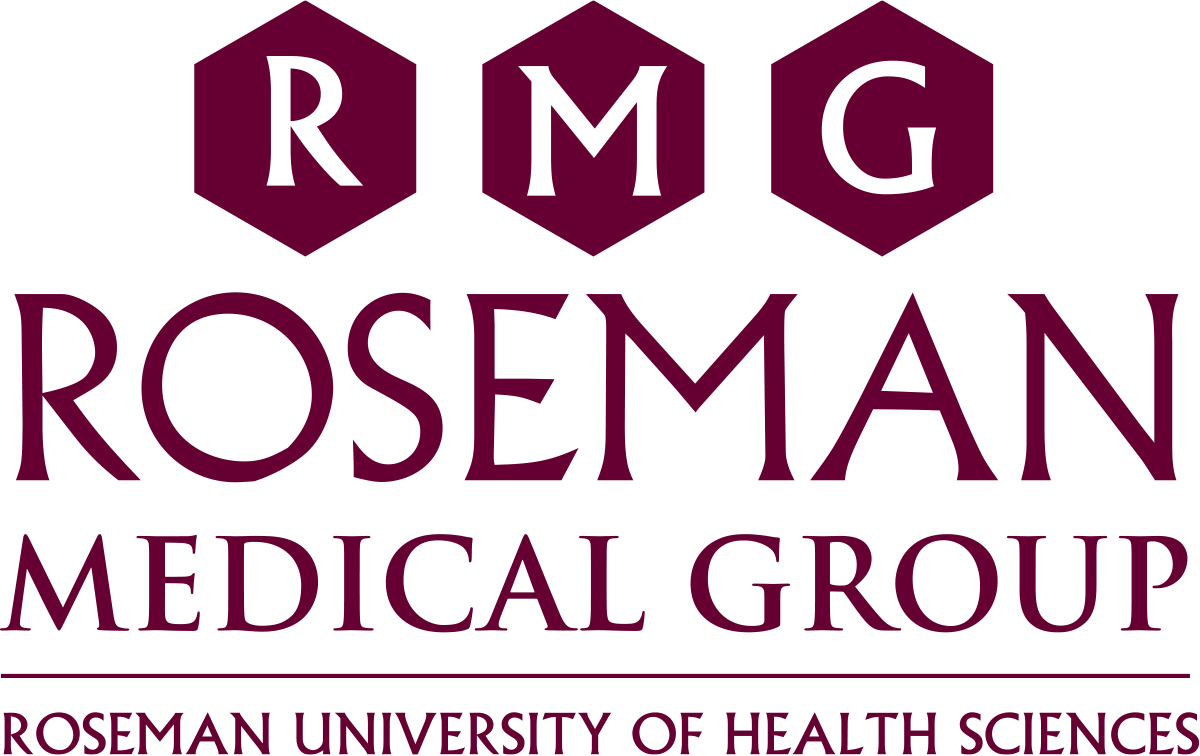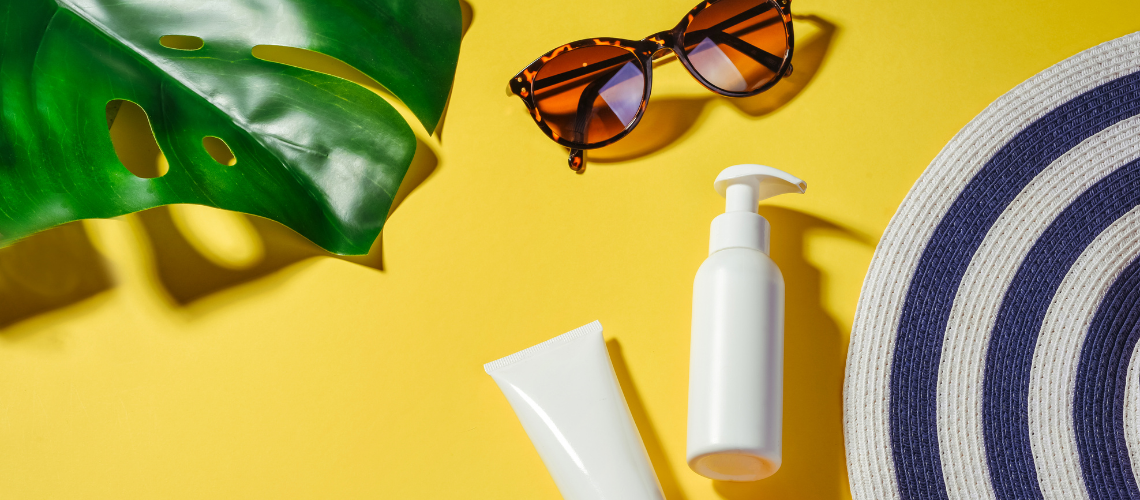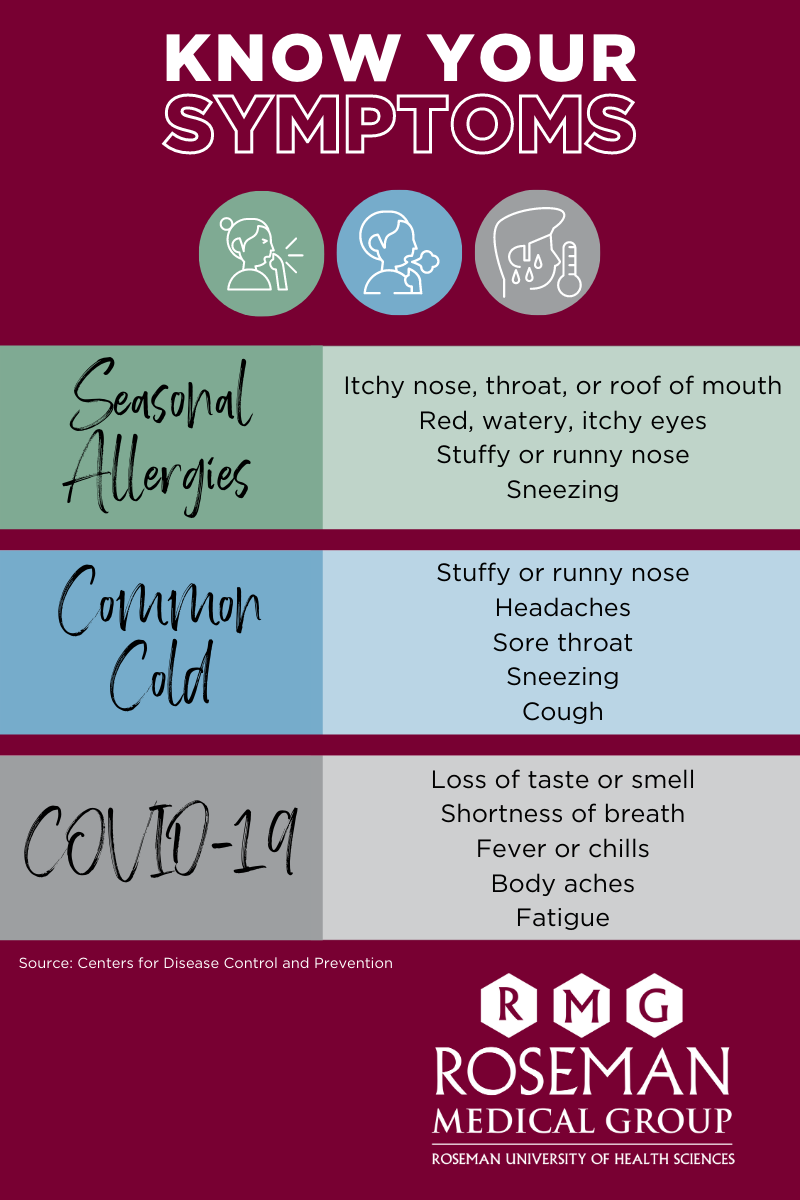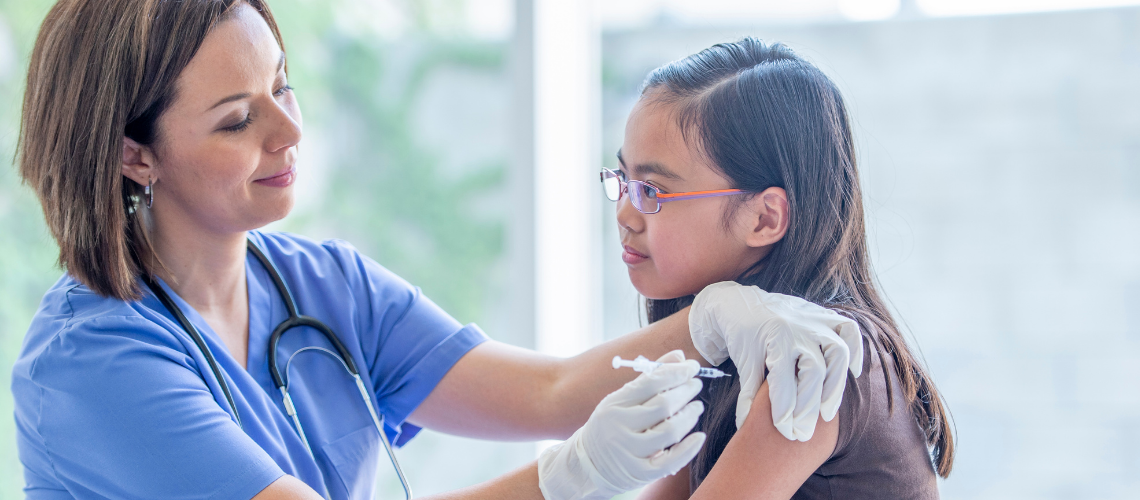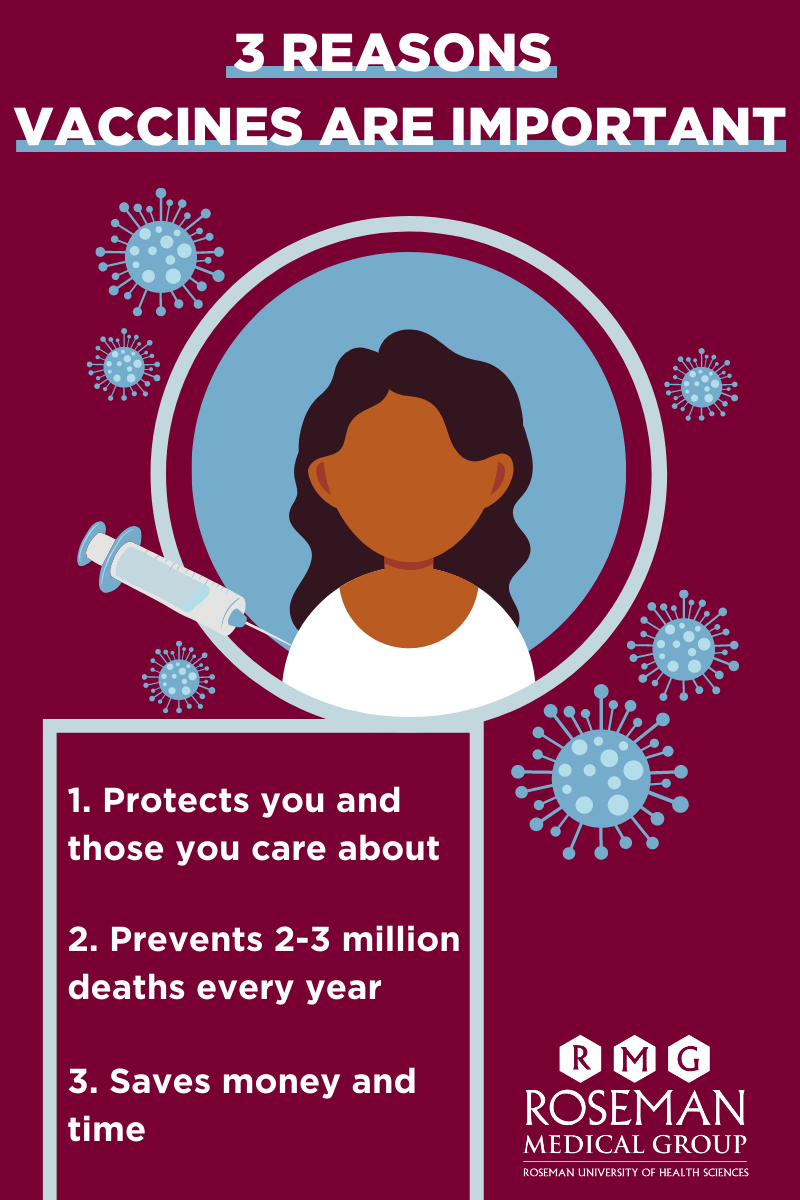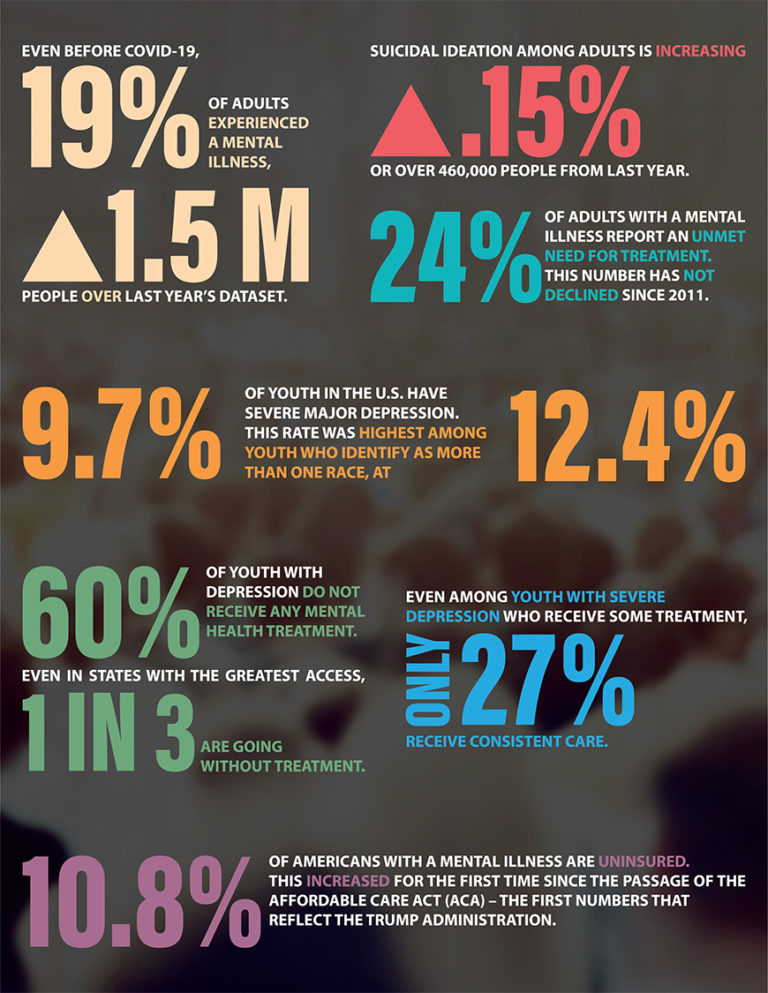Summer is approaching, which means more hours of sunlight, warmer temperatures, water adventures, and vacations. Summer 2020 came and went with little action due to the global pandemic. As Summer 2021 approaches, we’re starting to see the bright ray of sun peek through the dark clouds of the past year. In Las Vegas, Nevada the COVID-19 mandates are starting to lift, and the amount of administered vaccinations continues to grow which proves promising for summer time fun.
So just how can you protect yourself and your family during the summer? Check out our essential safety tips for an enjoyable, stress-free summer.
Protect Against the Sun
There’s just something about being outside and enjoying the bright, warm sun on a summer day. Longer days in the summer provides ample amount of daylight for outdoor activities. With this comes exposure to the sun’s intense rays and the possibility of damaging your body’s largest organ – the skin.
Left unprotected, this vital organ can become the victim of melanoma – a type of skin cancer caused by spending too much time in direct contact with the sun’s ultraviolet (UV) rays. According to the Skin Cancer Foundation, more than two people die of melanoma in the United States every year. Protect your skin against burns and melanoma with these preventative measures:
- Apply sunscreen and lip balm of SPF 30 or higher every two hours
- Wear a wide-brimmed hat and loose fitting, light colored clothing to prevent exposure
- Wear sunglasses with a 50 or higher UV rating
- Limit sun exposure from 10am – 4pm when the sun is at its strongest
- Avoid prolonged exposure to the sun whenever possible
- Avoid UV tanning beds
- Examine your skin head-to-toe monthly and report anything new, changed, or unusual to your healthcare provider
Stay Cool in the Summer Heat
Summer definitely brings the heat with its warmer temperatures. In Las Vegas, NV the average temperature in the summer months is 102 degrees with some days seeing upwards of 113. Extreme heat like this could lead to heat-related illness such as heat exhaustion and heat stroke. Follow these helpful tips to protect yourself and your family from the intense summer heat:
- Stay well hydrated – drink lots of water
- Wear loose fitting clothing
- Exercise in the early morning or evening
- Avoid excessive or high-intensity exercise on days of high heat
- Discontinue activity and move to a cooler environment immediately if nausea, dizziness, or lightheadedness occur
Water Safety
Whether playing in the pool, boating at the lake, or swimming in the ocean – water activities are some of the most common ways to stay cool in the summer. In fact, swimming is one of the most popular activities in the United States. According to the National Safety Council, an average of 10 people die from drowning every day in the U.S. Additionally, drowning continues to be the second leading cause of preventable death among children through age 15. It’s important to practice water safety while also enjoying the fun summer experiences.
Stay water safe with these tips:
- Avoid going into the water unless you know how to swim
- Find age-appropriate swim lessons
- Swim in areas supervised by a lifeguard
- Never swim alone
- Never leave children unattended while swimming or near water
- Make sure all children are wearing life vests
- Keep rescue equipment nearby
- Close and lock all pool gates and fences when unattended
- When boating, never consume alcohol and make sure everyone is wearing a U.S. Coast Guard approved life jacket
Prepare for Summer Travel
Many Americans are eager to schedule a getaway after a year of uncertainty and confinement due to the COVID-19 pandemic. As vaccination rates continue to soar and the Centers for Disease Control and Prevention (CDC) eases guidance, many are starting to consider summer vacations. Whether you’re fully vaccinated or not, it’s important to take precaution this summer. Follow these tips for summer travel:
- Follow the travel guidelines of the CDC
- Follow state and local guidelines of the places you plan to travel
- Choose safer travel options – travel with only members of your household, by car or RV, etc.
Roseman Medical Group provides quality, empathic, patient-centered care. Our primary care providers are dedicated to your health and well-being. Contact us at 702-463-4040 to schedule an appointment.
Article by Kristine Campo
